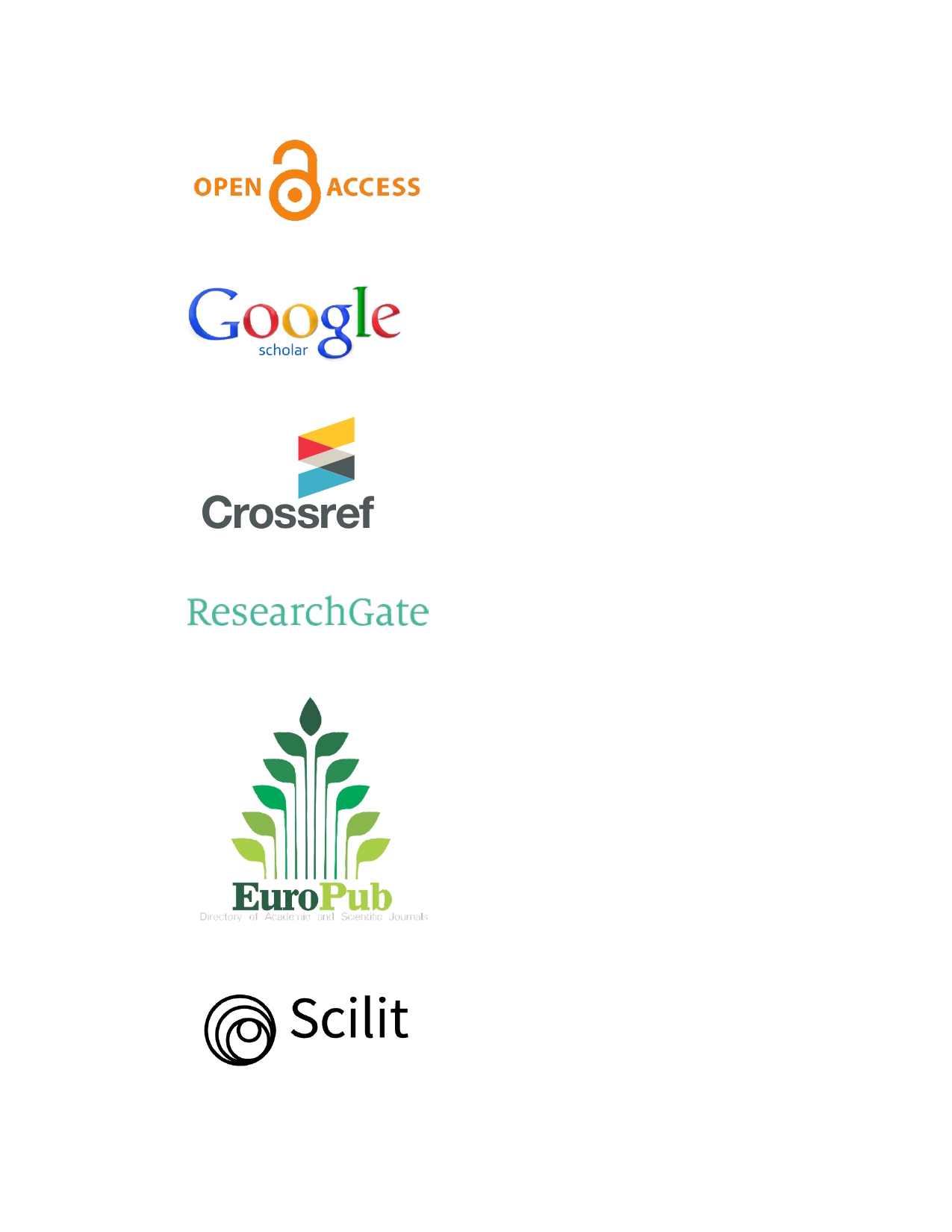Doctoral Supervision Strategies in Developing Countries. Which Way? Authoritarian or Free Will
DOI:
https://doi.org/10.63002/assm.305.1123Keywords:
Authoritarian, Diplomatic, Doctoral, Supervisor, StrategiesAbstract
Effective doctoral supervision model has become a global topic of concern among students and supervisors. This process requires and demands for a delicate balance between supervisor’s guidance, provision of emotional support and professional development. Current models as advanced by Lee’s (Lee, 2008) conceptual framework of supervision and Gurr’s (Gurr, 2001), student supervisor alignment theory describes a clear relationship between supervision structure, supervisor support and the student’s independence. Riding on these two frameworks, this paper proposes an effective supervision model that combines both collaborative efforts, reflective practice and developmental mentorship. The proposed model is anchored on the basis of transformative learning theory that supports the idea that supervision is a process of teaching-learning as well as collaborative exercise focused on promoting critical engagement, and autonomous scholarship. The bases of this proposed model is effective communication, emphasis on research skills, recognition of individual student’s differences and effective supervisor-students feedback mechanisms. The study’s model contributes to the advancement of doctoral programs, ensuring that the supervision exercise remains responsive, inclusive, creative, and produces scholars of high academic standing.
Downloads
Published
How to Cite
Issue
Section
License
Copyright (c) 2025 Eunice K Majanga, Barasa Samson Omachar

This work is licensed under a Creative Commons Attribution 4.0 International License.






